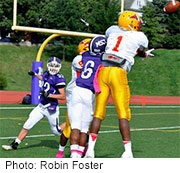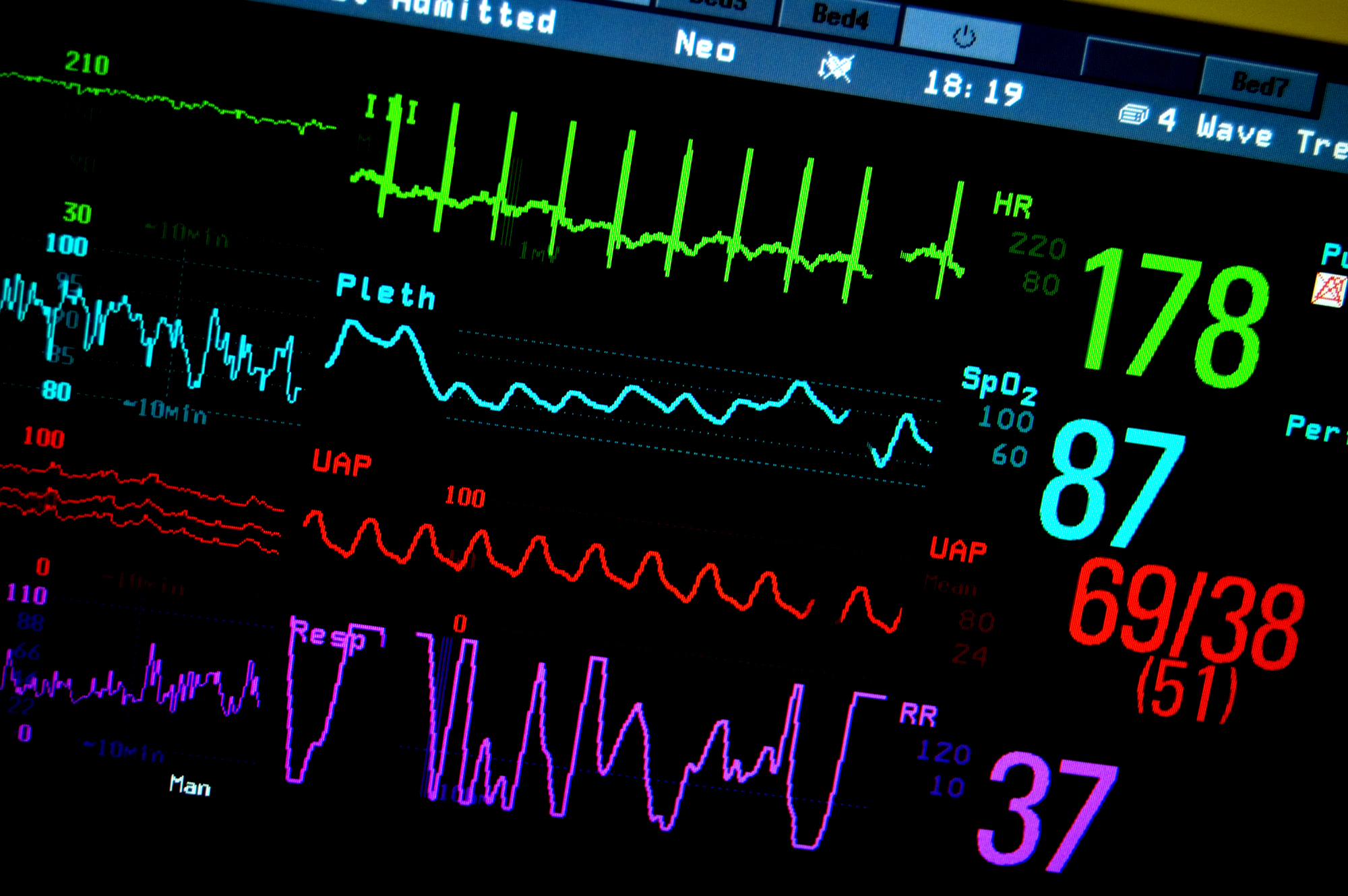
FRIDAY, Oct. 17, 2014 (HealthDay News) — Young athletes should undergo heart screening before they play competitive sports, according to new guidelines released by the National Athletic Trainers’ Association (NATA).
The goal of the guidelines for secondary schools is to prevent sudden cardiac arrest in athletes. Sudden cardiac arrest is often caused by an undetected structural abnormality of the heart, according to a NATA news release. The survival rate among U.S. student athletes who suffer sudden cardiac arrest is just one in 10, NATA said.
“Some children may have the disease without knowing it; our job is to help identify those high-risk kids so they don’t suffer a cardiac arrest while engaging in sports,” Lisa Yue, founder and executive director of the Children’s Cardiomyopathy Foundation, said in a NATA news release.
Cardiomyopathy is a disease of the heart that affects about 30,000 American children, NATA said. It’s also the leading cause of sudden cardiac arrest in youngsters, according to NATA.
The most important factor in surviving sudden cardiac arrest is how quickly the victim receives heart defibrillation. Survival rates for sudden cardiac arrest victims who receive CPR and defibrillation within three to five minutes are between 41 and 74 percent, according to NATA.
An automated external defibrillator (AED) should be on-site and available for use within three minutes (one minute is ideal) at all organized sports events, the guidelines say. School staff, coaches, athletes, parents and medical professionals should receive yearly education about the location and use of AEDs.
Athletic trainers and sports medicine-trained doctors who know how to diagnose and deal with sudden cardiac arrest should be available at all sporting events, according to the guidelines.
“It’s vital to establish a sports medicine team that includes physicians and athletic trainers, create an emergency action plan and maintain continued communication with parents, coaches, administrators and others to ensure all cardiac-specific sports safety protocols are in place,” NATA President Jim Thornton said in the news release.
“Following these guidelines throughout the season can help prevent or reduce acute, chronic or catastrophic injury outcomes,” Thornton added.
More information
The U.S. National Heart, Lung, and Blood Institute has more about sudden cardiac arrest.
Copyright © 2026 HealthDay. All rights reserved.

